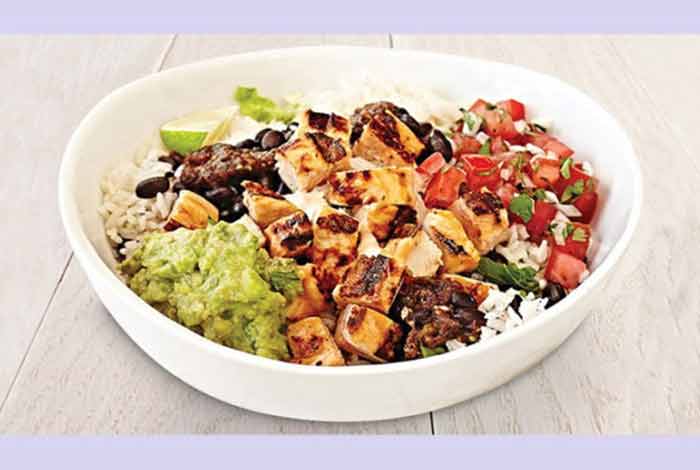
Health and food share a complex relationship. Food is one of the basic requirements of life, and what you eat reflects your health. Fast foods are becoming very popular these days. There’s no doubt that fast foods are quicker and cheaper. But are these choices really that healthy? In this article, we will have a closer look at how healthy vegetarian fast foods are.
It has been found that plant-based diets have many health benefits, such as reducing the risk of obesity, type 2 diabetes and heart diseases. So, it might appear that vegetarian fast foods being plant-based, is more healthy than other types of fast foods. But, the reality is that though these foods might prove healthy in some way, they might be harmful to your body if not prepared in a right way.
Dietitian View on Vegetarian Fast Food:

Sharon Palmer, an author of the book “Plant-Powered for Life” and a registered dietitian says that vegetarian fast food at a restaurant cannot be considered a healthy one. They might contain as many calories, sodium, and saturated fat as other non-vegetarian food items.
Whether vegetarian or non-vegetarian fast food, all of them contribute calories. Consumption of more calories causes obesity and obesity-related diseases. But, vegetarian meals, including whole grains, vegetables, beans, and fruits contain a higher amount of fiber and protein. So, vegetarian fast foods with a little amount of saturated fat add the taste while not compromising their nutritional value. It has also been found that the number of calories in vegetarian meals depends on the how you prepare them (for example, fried or grilled) and the pieces of cheese they contain.
According to Palmer, consumption of vegan food that is deep-fried, covered with creamy sauces or cheese and loaded with a large amount of rice, pieces of bread, or wraps may be an unhealthy option.
Watch the Ingredients in Vegetarian Fast Foods:

Veggie Grill’s “chickin” plant-based sandwich contains wheat, soybean. Pea-based protein gives 530 calories, 900 milligrams sodium, 3 gm saturated fat. The Amy Burger which is meat-free and contains 770 calories, 1,420 milligrams of sodium, 10 gm saturated fat, 9 gm fiber and 33 gm protein. This clearly shows that the nutritional value of fast foods depends on the ingredients used in them.
Some vegetarian fast foods can be rich in fiber and protein while others might be high in calorie content and saturated fats. As with other fast food items, the nutritional contributions of salads reflect the ingredients used. But, highly garnished salads might be high in calories, fats, and sodium.
Conclusion:
We can conclude that vegetarian food or use of plant-based ingredients in fast foods cannot justify its nutritional value. You cannot have a veggie burger with French fries regularly. Thus, Palmer recommends looking for an alternative option for food which includes lots of vegetables, fruits, and grains in it. For example, salads, whole grain slices of bread, sandwiches which contain more veggies. Go for fast foods which contain a minimal amount of cream, cheese, and sauces but full of vegetables.





